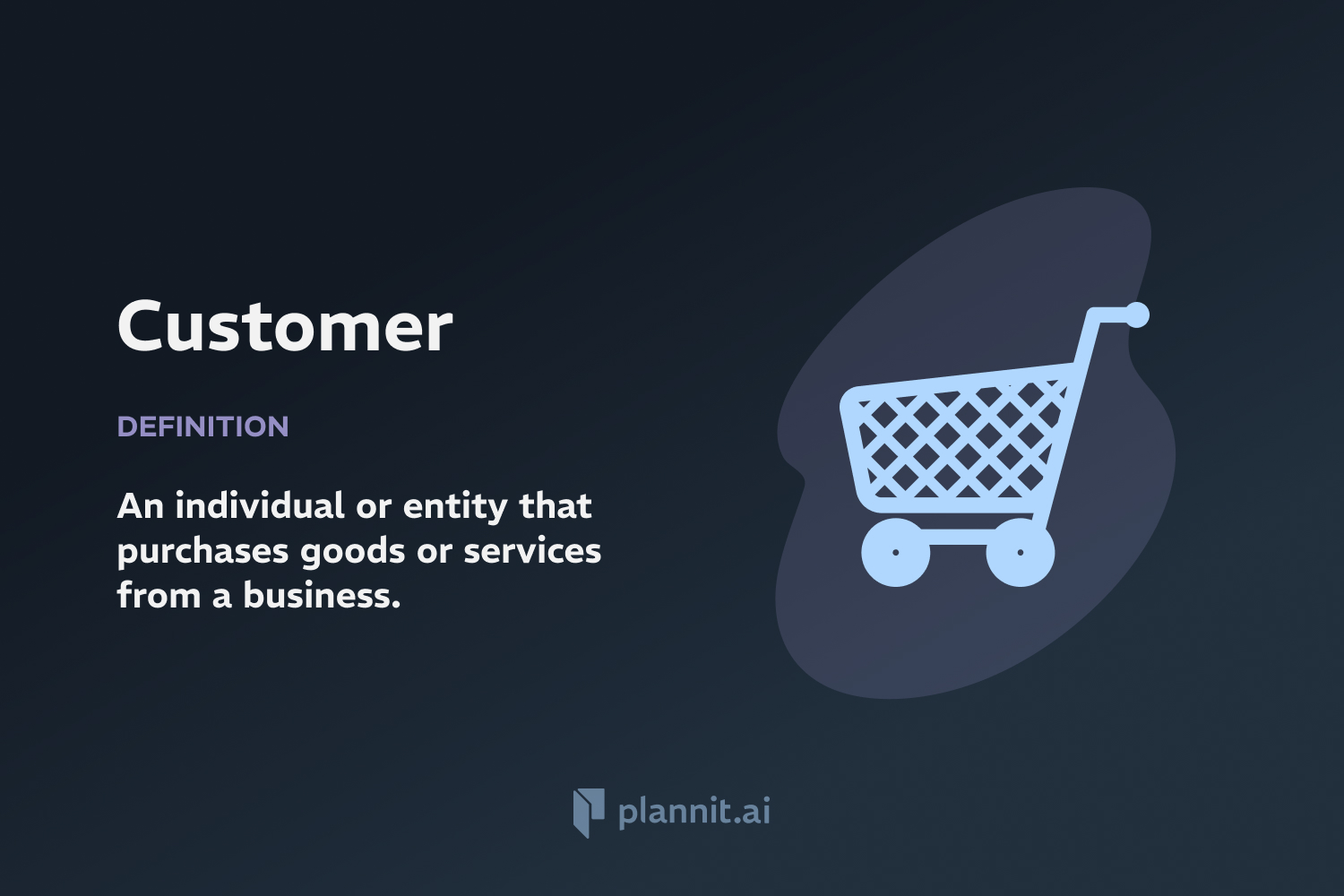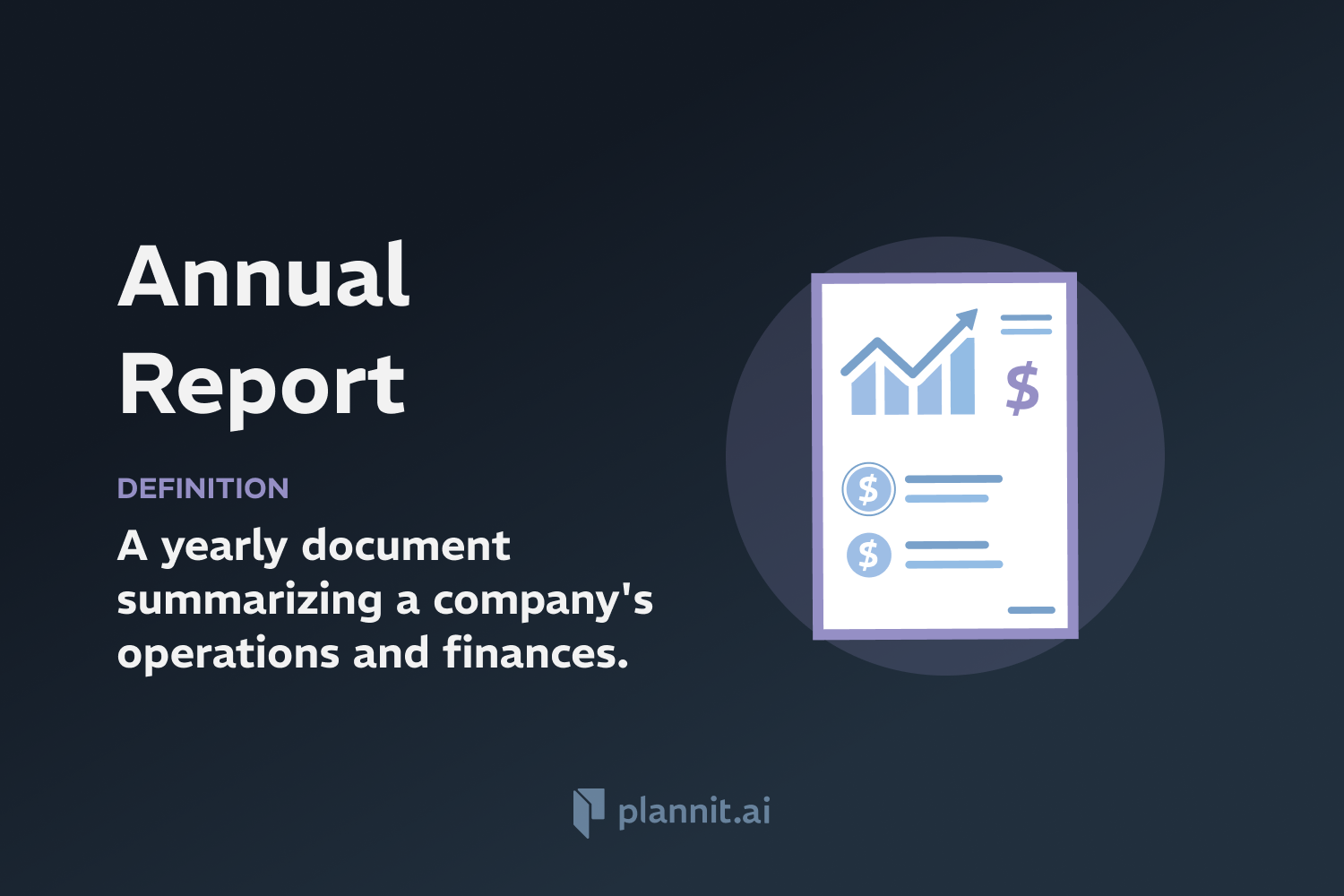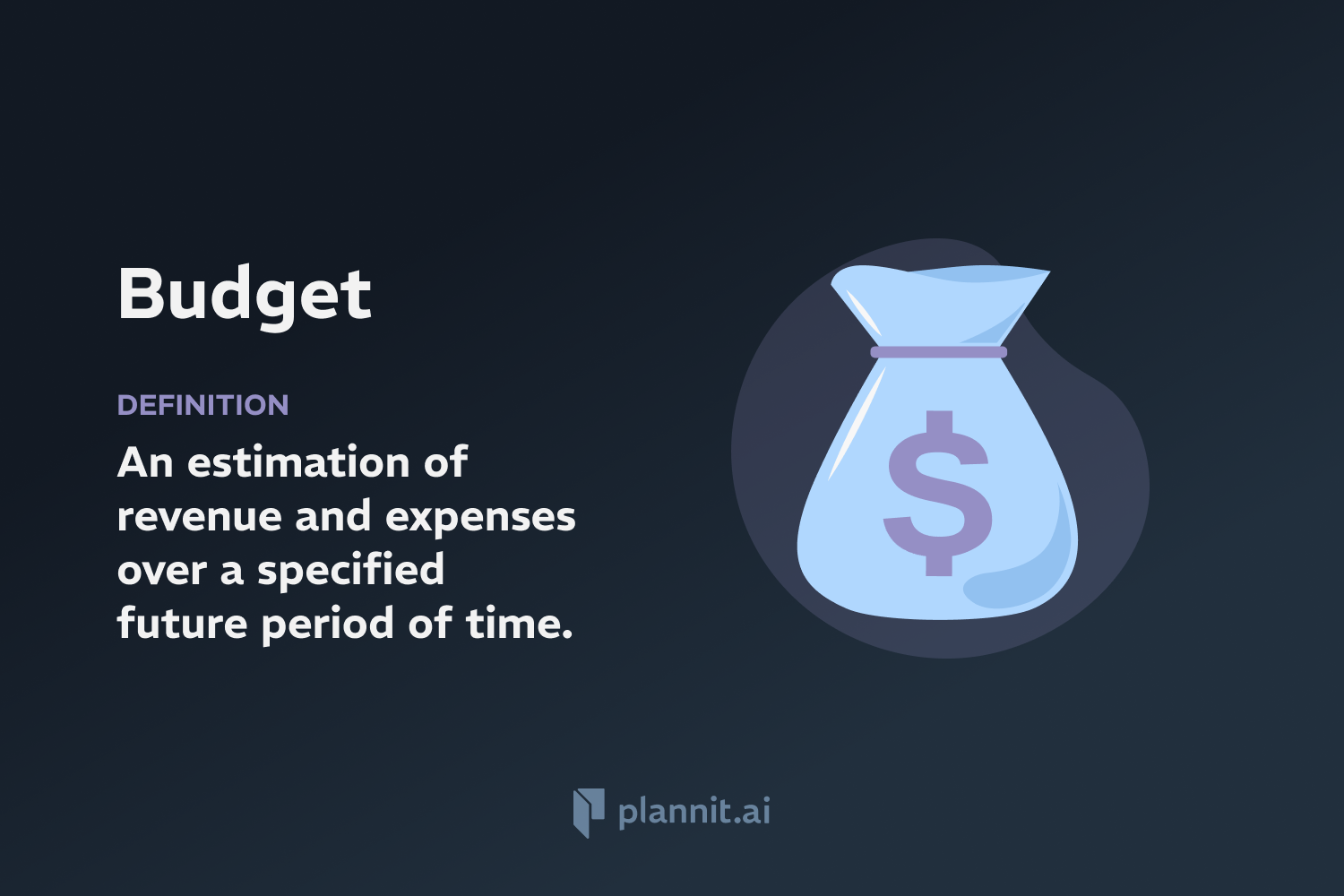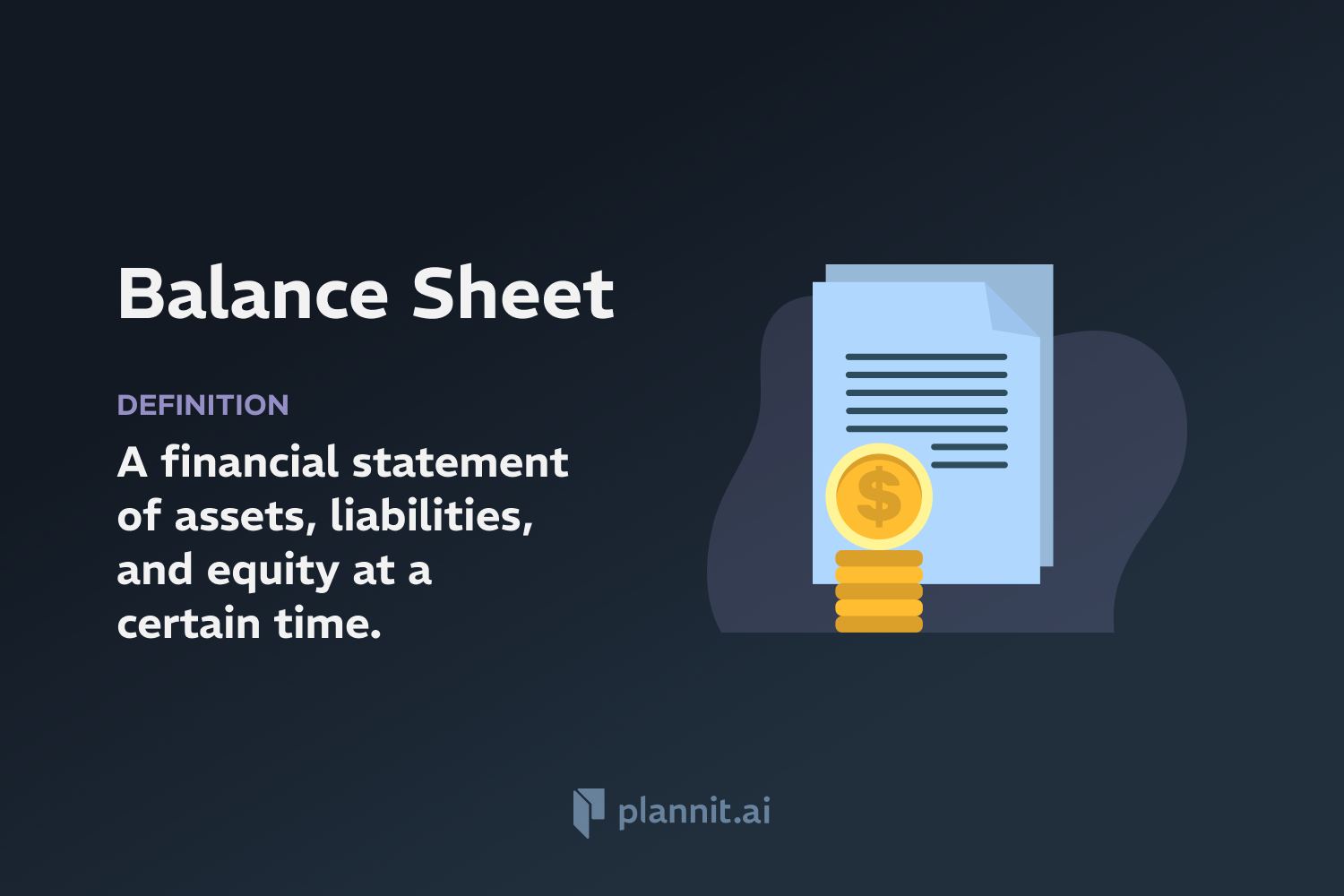Need Help With Your Business Plan?
Answer tailored questions and get a detailed business plan in minutes.
Customer: Definition & In-Depth Explanation

Definition:
Customer refers to any individual or organization that purchases goods or services from a business. Customers are the recipients of the products or services offered by a company and are essential for the company's revenue generation.
Context of Use:
This term is widely used across all sectors involved in commerce and service provision, including retail, manufacturing, technology, and hospitality. Understanding customer needs and behaviors is crucial for successful marketing, sales, and customer service strategies.
Purpose:
The primary purpose of identifying and understanding customers is to fulfill their needs and ensure their satisfaction, which drives repeat business and loyalty. Customers are central to the business model of most organizations, influencing product development, marketing strategies, and overall business growth.
Example:
Retail Customers: Individuals who purchase products from retail stores for personal use.
Business Customers: Companies that purchase goods or services to support their own business operations or production.
Related Terms:
Consumer: Often used interchangeably with customer, though it specifically refers to individuals who consume or use the goods and services purchased.
Client: A term often used for customers in professional services, implying a relationship that is more consultative or service-based.
Customer Relationship Management (CRM): Strategies and technologies used by companies to manage and analyze customer interactions and data throughout the customer lifecycle.
FAQs:
1. What distinguishes a customer from a consumer?
A: A customer is anyone who purchases goods or services, while a consumer is someone who ultimately uses or consumes them.
2. How do businesses attract and retain customers?
A: Businesses use various marketing strategies, quality customer service, competitive pricing, and product innovation to attract and retain customers.
3. Why is customer satisfaction important?
A: Satisfied customers are more likely to make repeat purchases and recommend the business to others, driving revenue and business growth.
4. What role does customer feedback play in a business?
A: Customer feedback helps businesses understand what they are doing well and identify areas for improvement, which is crucial for product development and customer satisfaction.
5. How can businesses measure customer engagement?
A: Businesses measure customer engagement through metrics such as purchase frequency, engagement rates on social media and websites, and customer feedback and surveys.
Get funding with a business plan that will impress investors.
Starting a New Business?



